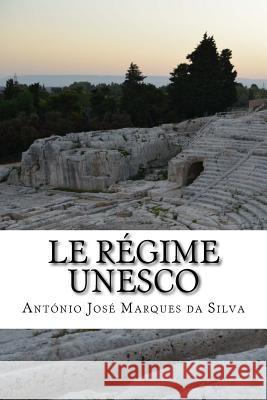Le régime UNESCO » książka
Le régime UNESCO
ISBN-13: 9781532997112 / Francuski / Miękka / 2016 / 224 str.
We all love Mediterranean cuisine. We can even say that we all adore our common Mediterranean legacy. However, we are so far to feel the same passion for the fellow human beings, that perpetuate the shared heritage beyond the internal sea. Our reaction to the present refugees' crisis reveals that we are still afraid of the non-European inhabitants of the Mediterranean. We are now building walls and check points to stop war victims out of our frontiers. Inside our countries, the racism against them is growing too. These two facts prove that the exposure to the culture of the Other through World heritage doesn't make us more tolerant to the alterity. Sixty years after the rise of the travels abroad, the expectation that tourism will teach us to embrace human diversity seems to be a total disillusion. At the end, eating kebabs, falafel and visiting Palmyra or Aleppo only turned us into consumers of cosmopolitan experiences and nothing more. This book is written for the readers who wonder about the humanitarian purpose of the World heritage. It addresses the Mediterranean diet's translation into a transnational identity marker, currently underway following the inclusion on the list of the intangible cultural heritage of the Humanity in 2010, in this perspective. The author exposes the reasons behind the present consensus about the heritagization of this nutritional model, which being first an object of scientific discourse like any else, is today converted into an intangible expression of Mediterraneaness. Rather than tell the history of the metamorphose, he adopts here a genealogical approach, which brings him to reconnect this newcomer of the heritage's arena with other series of events, normative acts and ideas, sometimes remote in space and time, that configure the present social existence of the Mediterranean diet. The author tries to demonstrate throughout this less conventional approach that what distinguishes the 'UNESCO regime' of the food pyramid made famous in the 1990s is primarily the fact that its conversion into a cultural element is the direct consequence of the political will to inscribe this scientific invention on the list. He will also reveal the profound changes regarding the UNESCO's heritage doctrine during the last decades, including the rise of the discursive use of notions as cultural diversity, identity and community, to understand the reason of the proposal's success. He will then finally be able to explain the present popularity of the 'UNESCO regime' as a governmentality instrument in areas other than public health, such as the Euro-Mediterranean co-operation, ecology or cultural tourism. The critical analysis of this case study will reveal the lack of the reflection about the effectiveness of the current World heritage policies that UNESCO needs urgently to promote in response to the new challenges of the post-national era we live now.
Zawartość książki może nie spełniać oczekiwań – reklamacje nie obejmują treści, która mogła nie być redakcyjnie ani merytorycznie opracowana.











